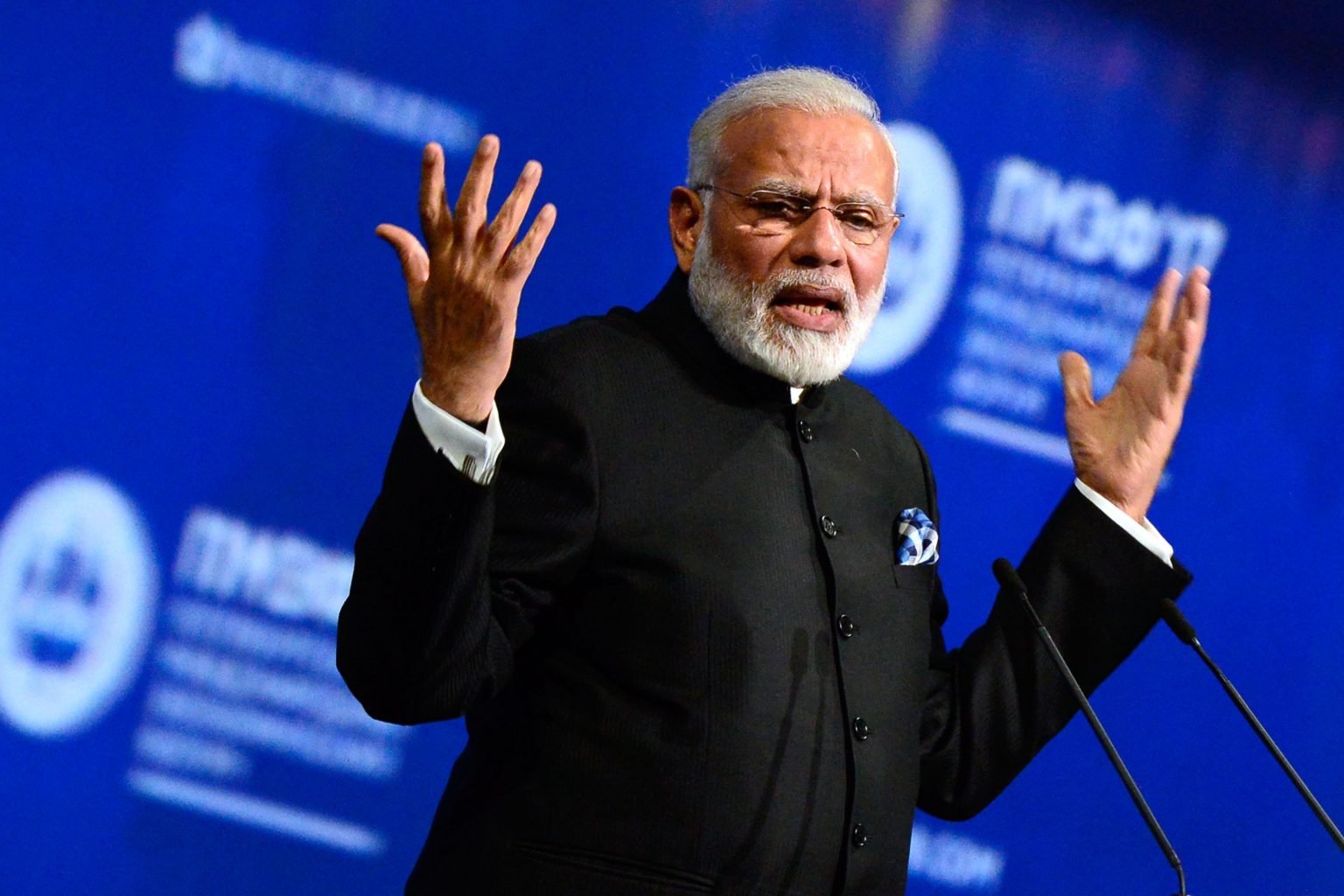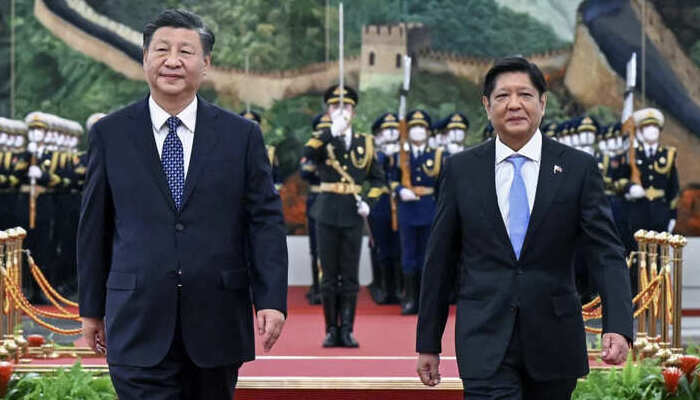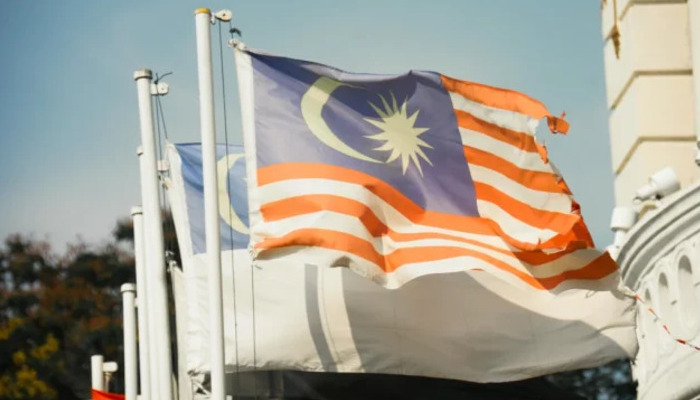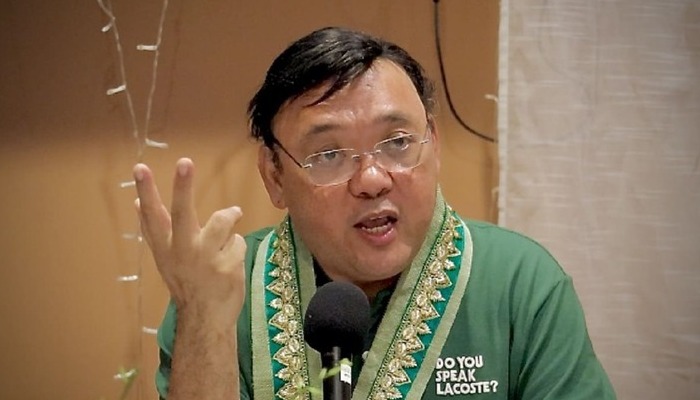
India Creates Online Gaming Regulations, but Opposition Persists
India still struggles to define what constitutes gaming. However, it is allegedly prepared to accept the future. After months of deliberation, the Ministry of Electronics and IT (MeitY) stated this past Monday that a draft law that might allow for the widespread use of online gambling is now ready for evaluation.
Among the requirements in the draft law on online gambling are mandatory customer enforcement and complaint mechanisms. Operators could only offer games that have been approved, and they would have to register their games with the regulators.
One crucial section of the proposed law is missing. Even while online sports betting on game results plainly offers the “skill” component that distinguishes it from gambling, it is still not permitted.Gender-Based Methodology
According to Rajeev Chandrasekhar, Minister of State for Electronics and IT, between 40% and 45% of Indian gamers are female. This figure served as the inspiration for the regulations designed to “keep the gaming ecosystem safe.”
Online gambling, he continued, is a crucial component of the trillion-dollar global startup ecosystem and a significant sector of the overall economy. Chandrasekhar vowed that the government will aid start-ups and game-related entrepreneurs in order to snag a portion of that market.
The proposed regulations emphasize playing responsibly. As a result of the Information Technology (Intermediary Guidelines and Digital Media Ethics Code) Rules in India, they will become more advanced as of 2021. The objective is to control the black market gambling, lessen online gaming, and enforce the requirement for due diligence.
The Indian internet gaming industry will establish a self-regulatory body. A diverse board of directors, including experts from online gaming, politics, IT, psychology, and medical, will be in charge of it.
The regulator will be in charge of examining the game’s information. This includes, among other things, violent, addictive, or sexual content. They cannot provide any content that would be in violation of “India’s sovereignty and integrity.”
The final suggestions may differ from those now being accepted for comment by the MeitY on the draft rules. Depending on the kind of response the government gets, Chandrasekhar theorizes that there might be several self-regulators.
Certain elements will undoubtedly be included in the rules, despite the likelihood of revisions. The laws will center on know-your-customer practices and verified sources of funding. The country’s central bank, the Reserve Bank of India, would be heavily involved in such procedures.
Online Gaming Has Potential
By 2025, India’s online gaming sector might bring in INR413.22 billion (about $5 billion). This is supported by a report from management consulting firm BCG and venture capital firm Sequoia. Government data shows that between 2017 and 2020, the industry expanded 38%. The same research revealed that the growth rate was 10% in the US and 8% in China.
Through 2024, Sequoia and BCG project a 15% compound annual growth rate. It might then grow to INR153 billion ($1.85 billion), thanks to it.
The news has been well received by the gaming sector, which has taken note of the increased stability and growth prospects it portends. A unified, statewide strategy would eliminate the fragmented landscape in India, where several states have developed their own stances on gaming.
Image Source: casino.org
Other Interesting: Comparisons Between Poker and Blackjack
See other website: Oriental Game
Other Interesting Articles
 Comparisons Between Poker and Blackjack
Comparisons Between Poker and BlackjackJan 6, 2023











